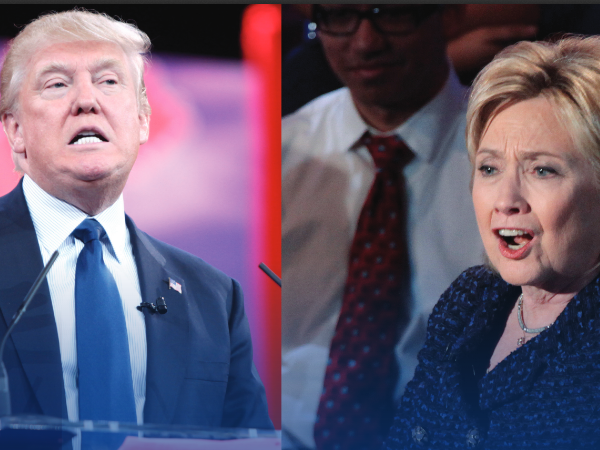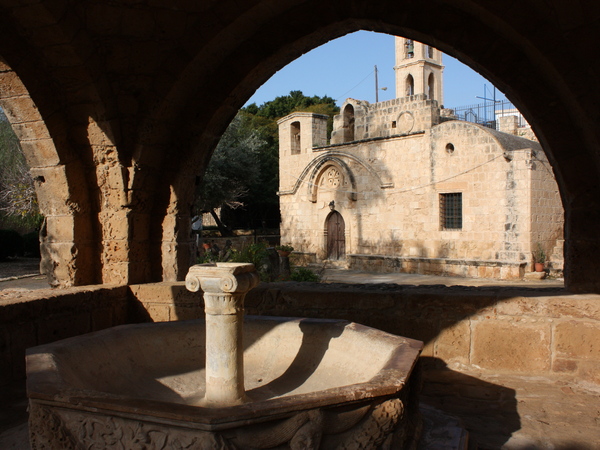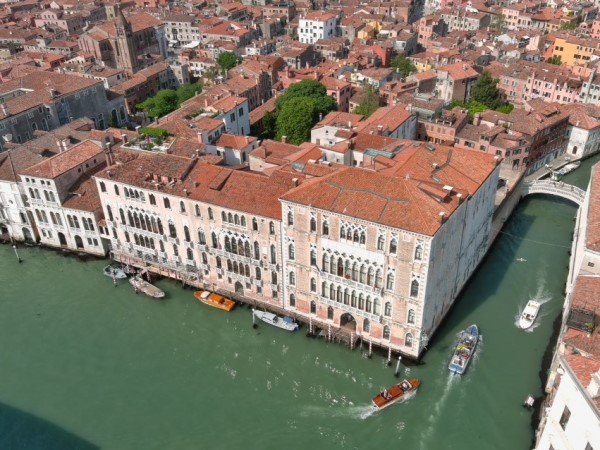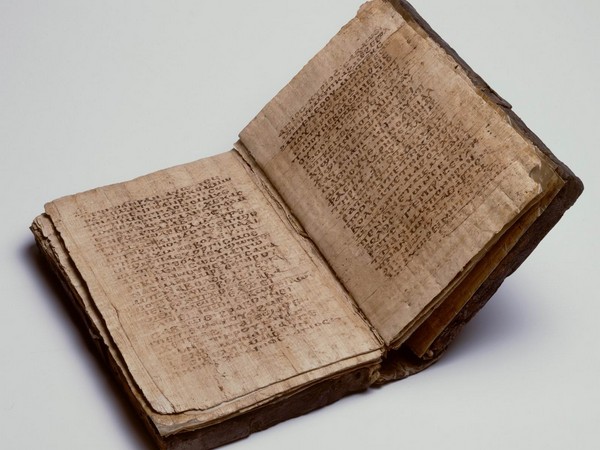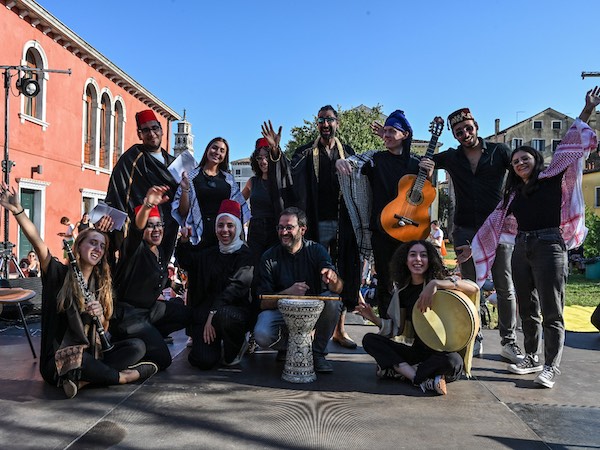On November 8th the American population will vote for the next President of the United States of America. Ca’ Foscari is analysing the campaign with Professor Rosemarie Brisciana (Sciences Po, Paris). The event, “The Role of Religion and Human Rights Discourse in this Unusual 2016 United States Election”, will be held on Monday October 10th at 2pm in Aula Baratto. Professor Sara De Vido will be introducing the conference as one within the PISE lectures series.
Professor Brisciana will be holding another lecture in Treviso on Tuesday October 11th at 4pm in Aula 8 San Paolo, called 2016 US Election - Where money, lobbies and religion really matter.
In what follows we find out what it’s going to be about:
Professor Brisciana, why are these elections so unusual?
At the beginning I had used the word “crazy” but then I decided to go for a more neutral option. “Unusual” because for the first time ever we have 1) an impulsive non-political candidate who is despised by some of the most eminent Republicans, but who, paradoxically despite his wealth, is admired and supported by a large chunk of the working class; and 2) a female candidate who is unpopular within her own party for various political reasons. Basically it is an election where the vote will be cast for the less of two evils. In a country whose population exceeds 360 million people, and boasts one of the world’s most prestigious academic systems, we could have expected a more inspiring choice.
Religion and human rights. How are these topics dealt with by the two candidates?
Ah, here I will leave the details for the conference. But I can say, speaking of religion, that it is a visceral element of the American collective subconscious, even for the non-observant. As was declared by the Supreme Court in a case in 1954, religion is a part of the country’s historical tradition and makes up one of its most fundamental principles. The various religions, with a few clear exceptions, are involved in politics, and in particular in their function of bringing people together. In certain areas, the church – or synagogue or mosque – acts as a sort of social glue, offering services that are not necessarily guaranteed by the government such as childcare, alcoholics anonymous groups, basketball or baseball teams, but also things like parties and barbecues.
There are also the religious lobbies, which influence politics with the big social issues (such as abortion, weapons licenses...), and with issues in the Middle East.
In terms of human rights, the situation is more complicated. Trump, for example, is in favour of torture. These declarations violate the International Covenant on Civil and Political Rights in the name of “national security”.
Clinton also has strong contradictions between her discourse and her past actions when she was a Senator and then State Secretary. Not only the public, but also the electoral sponsors do not appreciate flip-flopping by the candidates who are running.
In your personal opinion how do you think it will go?
Obviously I cannot back a candidate like Trump. It could be that in the end his supporters realise how dangerous it could be if he gets the presidency, just like in France last year when after the first round of regional elections the extreme right Front National were forced to take a step back with a second round of voting. I do think, however, that there have been Republicans in the past who have acted well. The first is Senator McCain who worked harmoniously with the Democrats, condemning torture and co-sponsoring laws such as the amendment to election financing. The second is George Bush, senior. Even though I did not vote for him I respect his choices in international politics. When the American-formed coalition for the first Gulf war ceased to advance when they reached the border with Iraq, it was because Bush Sr. respected the UN resolution that did not authorise intervention beyond Kuwait. He was criticised greatly for this decision but as a true diplomat he knew that any intervention would have resulted in an absence of power that would have been incredibly dangerous for the region’s stability. His son, on the other hand, Bush Jr., opened the way for ISIS, established by Saddam’s ex-Ba’athists who were discarded by the American-instated government. Unfortunately the affluent suburban American bourgeoisie, the “nouveaux-riches” tend to listen to peoples like Trump or Bush Jr. For the record, you might know that “dad” Bush has announced he will vote for Hillary.





